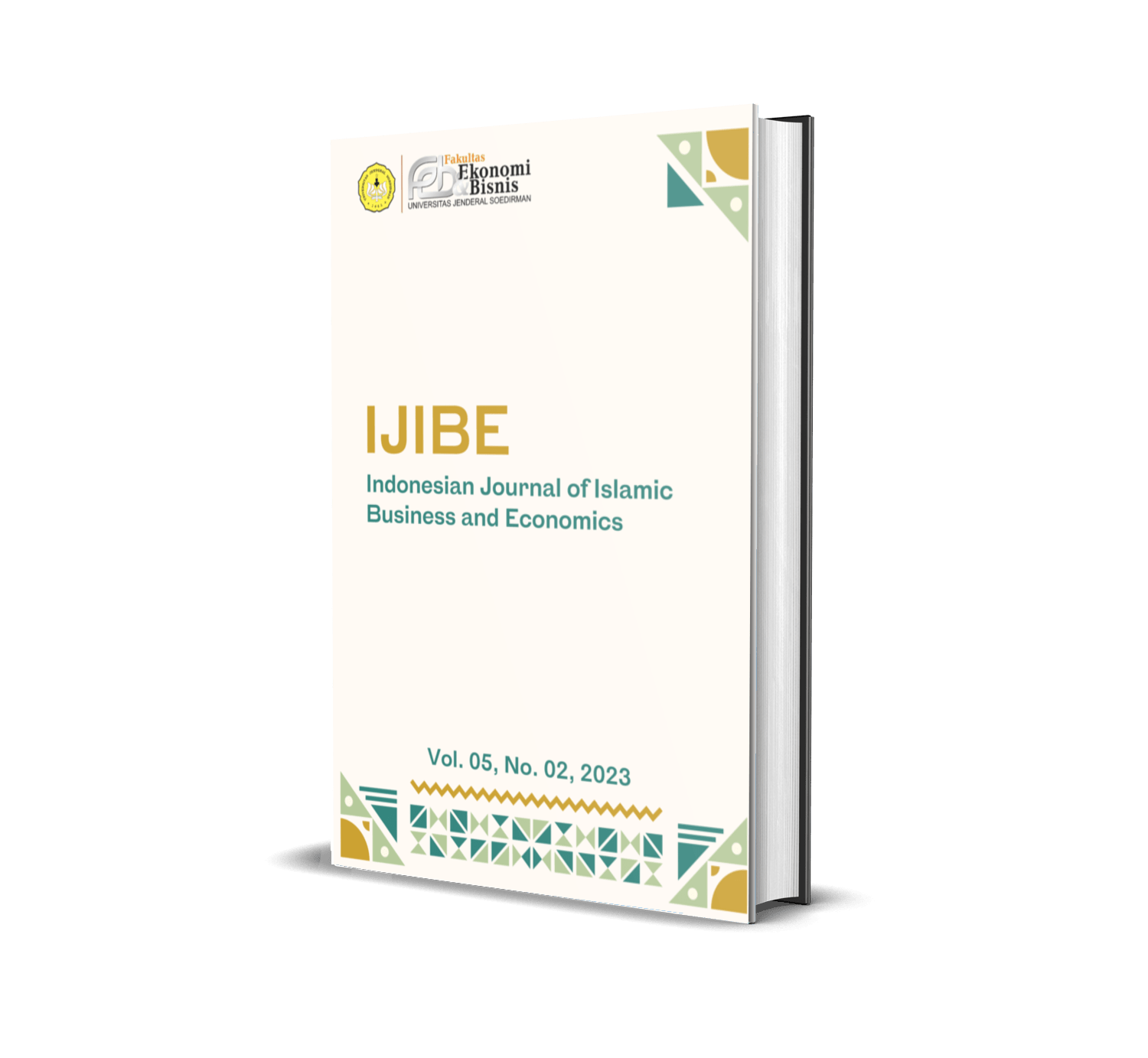Building Sharia Accounting Students Ethical Perceptions: Effects Of Ethical Content, Equity Sensitivity, and Locus of Control
Main Article Content
Abstract
This research aims to obtain empirical evidence about the effect of professional ethical content, equity sensitivity, and locus of control on the ethical perceptions of Sharia accounting students regarding unethical actions taken by accountants. The population in this research is comprised of Sharia accounting students at the IAIN Surakarta Faculty of Economics and Islamic Business, with a total sample size of 171 students. Samples were selected using the Slovin formula. The primary data sources used in this research were obtained through questionnaire distribution. The data analysis method used in this study is multiple regression analysis. The results of this research indicated that ethical content and equity sensitivity did not affect the ethical perception of Sharia accounting students regarding unethical actions taken by accountants. In contrast, the locus of control affected the ethical perceptions of Sharia accounting students regarding unethical actions taken by accountants. The results of this study are expected to contribute to the world of education, especially accounting education, in an effort to prepare prospective accountants to behave ethically.
Article Details

This work is licensed under a Creative Commons Attribution-NonCommercial-ShareAlike 4.0 International License.
Authors who publish with this journal agree to the following terms:
- Authors retain copyright and grant the journal right of first publication with the work simultaneously licensed under a Creative Commons Attribution License that allows others to share the work with an acknowledgement of the work's authorship and initial publication in this journal.
- Authors are able to enter into separate, additional contractual arrangements for the non-exclusive distribution of the journal's published version of the work (e.g., post it to an institutional repository or publish it in a book), with an acknowledgement of its initial publication in this journal.
- Authors are permitted and encouraged to post their work online (e.g., in institutional repositories or on their website) prior to and during the submission process, as it can lead to productive exchanges, as well as earlier and greater citation of published work (See The Effect of Open Access).

